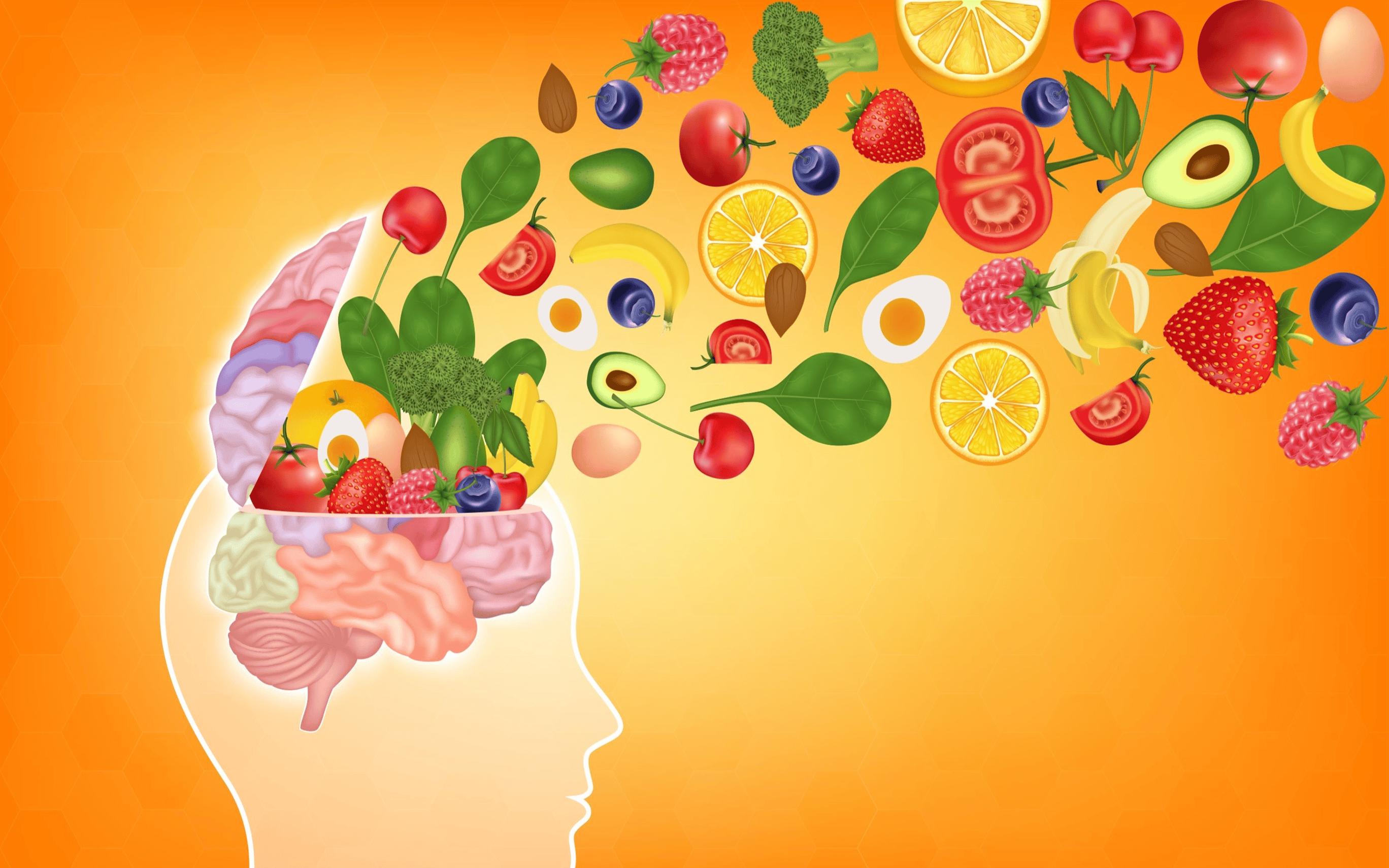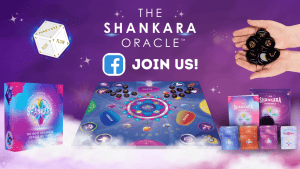
Brain Food: Amazing Ingredients for Holistic Health
Have you ever stopped to think just how crazy it is that we are brains trying to figure out brains? The brain is extremely complex. In fact, it’s the most complex and interesting thing yet that we’ve ever discovered in the universe. Out of all the biological topics that boggle the minds of scientists, the brain is the least understood despite being such an important subject for exploration. Thankfully, there are some things we do know, and one of them is an extensive list of the many “brain food” ingredients we need for a recipe for tip-top brain health.
If you’re interested in improving your brain health in a holistic way, there are so many amazing ingredients you can learn about and actively add to your lifestyle. Many of them can even be added to your daily healing tea or meals!
Avena Sativa: The Common Oat
Neurological development and support are extremely important, so thankfully nature has provided very common sources of ingredients for brain health. One of them is the common oat, also known as Avena sativa, which widely grows in North America and Northern Europe. While we come into contact with the common oat plant mostly through its mature seeds, we can also benefit from oat straw extract, AKA green oat or wild oat, which comes from the plant’s stem and leaves. 
The common oat, especially its extracts, is very high in zinc, manganese, and iron. Many believe that adding oat straw extract to your diet can improve the symptoms of issues like insomnia and inability to sexually perform. In addition, it is loved for its brain health support. While oat straw extract is still being researched, there is some evidence to support claims that it can help improve blood flow while reducing inflammation and boosting mood.
C15:0 – Pentadecanoic Acid
Can you believe there hasn’t been a fatty acid discovered in over 90 years? Well, not until 2021 when Seraphina Therapeutics discovered we’ve never identified pentadecanoic acid, also known as C15:0. The success of the discovery can be pinned on the CEO of Seraphina Therapeutics and the bottlenose dolphins she was trying to help dodge the effects of aging including chronic inflammation and anemia. Since dolphins and humans experience very similar aging, as well as high levels of intelligence, CEO Dr. Stephanie Venn-Watson knew that any breakthroughs she made for the dolphins could mean breakthroughs for humans as well.
Now that C15:0 has been discovered, global studies have shown it can support health during aging, including boosting mitochondrial function, improving cellular resilience, and ensuring receptors for immunity, mood, sleep, appetite, and metabolism all keep firing at full speed.
Desiccated Beef Brain
Most Americans might not be comfortable with thinking about brains as a food source, but eating cow brains is on the menu in many other parts of the globe. The brain requires a ton of nutrition to work properly, so it shouldn’t be any surprise that consuming a brain will pass on all those nutrients to us. A desiccated beef brain is loaded with important nutrients. Most notably, it is high in DHA, choline, and cholesterol.
Choline is especially important in brain function, and part of this process is acetylcholine. This chemical is converted from choline to act as a chemical messenger within the peripheral nervous system to assist in muscle function, memory, attention, and autonomic body functions.
Because of this nutritional value, beef brain can support brain health including mood, neurogenesis, memory, and the performance of synapses.
5-MTHF
You’ve likely heard of folic acid, but have you heard of 5-MTHF? In many cases, scientists recommend supplementing folate with 5-MTHF instead of folic acid so that it does not mask symptoms of other deficiencies or interact with medications. 5-MTHF is also naturally occurring but is recommended as a supplement as well to help in the synthesis of DNA, methylation, brain development, production of serotonin and melatonin, and much more.
Zinc
Earlier, I mentioned that oat straw extract was great brain food, and one of the reasons is that it contains a high level of zinc. You can get a great amount of intake of zinc through many foods as well as through supplements. Zinc is one of those trace elements that are essential to brain function because it plays an essential role in nucleic acid metabolism, phosphorylation, and growth of brain tubulins. Those who are low on zinc have been reported to have impaired RNA, DNA, and protein synthesis.
N-acetyl Cysteine
Trying to avoid or improve symptoms of Alzheimer’s and Parkinson’s disease? Improving glutathione and glutamate could be the answer, and both of these are supported by N-acetyl cysteine (NAC). In addition, some studies have shown that NAC also helps with depression, bipolar disorder, and addiction relapse.
Berberine
There aren’t many times you hear about a supplement being as effective as a prescription drug, but in the case of berberine, you could be right. It can be extracted from several different plants and has a long history of being used in Traditional Chinese Medicine. It improves cerebral blood flow, limits the hyperphosphorylation of tau, improves β-amyloid peptide clearance, protects against inflammation of neurons, and enhances cholinergic neurotransmission.
RNA
Most people think of DNA and RNA as naturally occurring elements in our bodies, and they are, but did you know you could supplement them, too? There are combinations of omega-3 fatty acids and arginine formulas for RNA and DNA that you can take to fight back against Alzheimer’s, depression, and the effects of aging like memory loss, fuzziness, decreased energy, and sex drive.
Milk Thistle
Milk thistle is a popular brain food ingredient that has been used for thousands of years. It has anti-inflammatory, neuroprotective, and antioxidant properties that can slow down brain aging as well as fight against neurological conditions like Alzheimer’s and Parkinson’s disease.
Vitamin D
Unfortunately, a majority of the population is deficient in Vitamin D despite its production in the body, but this essential vitamin is great for the immune system and the brain. It is neuroprotective and improves our body’s balance of calcium as well as our ability to regulate genes that support brain function. We can support levels of vitamin D through sun exposure, diet, and supplementation.
Huperzine A
Much like berberine, huperzine A is a chemical extracted from plants, specifically Chinese club moss. It is a cholinesterase inhibitor that improves the levels of neurotransmitters and helps to protect nerve cells and improves memory. Early studies have shown that it could be a great treatment for degenerative diseases like Alzheimer’s by supporting acetylcholine levels. It even potentially improves depression and schizophrenia.
Acetyl-L-Carnitine (ALC)
Adults that suffer from memory loss and exhaustion can consider supplementing acetyl-L-carnitine, which is also created in the body using l-carnitine. It might also improve high blood sugar, cholesterol, cell damage, appetite, energy levels, and nerve pain.
Alpha Lipoic Acid
Alpha-lipoic acid is another chemical that can help slow memory loss disorders. It is a strong antioxidant that can reduce inflammation and the risk of heart disease. Many people also like it for its protection against aging skin.
Cat’s Claw
Cat’s claw is a woody vine from the Amazon Rainforest that has been used for about 2,000 years by locals to treat a variety of illnesses and conditions. It is believed to help with memory loss, brain fog, depression, arthritis, chronic inflammation, and possibly Lyme disease. In addition, it could help fight neurodegenerative disorders with its brain-protective properties. Users of cat’s claw report improved learning abilities, mood, memories, and inflammation. One study even demonstrated that the vine could help with DNA repair.
L-Arginine
L-arginine, a composition of lysine and arginine, is an amino acid naturally occurring in the body that assists in assembling proteins. It can also be found in all sorts of protein-rich foods like fish, soy, dairy, meat, and beans. These amino acids help protect the cerebral cortex and have been shown to reduce swelling around the brain.
Resveratrol
Finally, resveratrol comes from plants like grapes, nuts, and berries. This compound is highly recommended to those who are looking to improve their brain function, such as those suffering from Alzheimer’s disease. Studies have shown that resveratrol is a powerful antioxidant and anti-inflammatory that can help with all kinds of conditions from cancer to diabetes as well.
REMEMBER!
You are a beautiful Living Being filled with light and love, born from stardust. You are unlimited potential in every direction. With a focus on discipline, virtue, and your own goodness, you can become as expanded and liberated as you desire.
Pray for others and the Universe prays for us.
LOTS OF BLESSINGS TO YOU!
There is no “Other.” There is only you experiencing yourself.
Meet Paul Wagner
Paul Wagner (Shri Krishna Kalesh) is an intuitive mystic, clairvoyant reader, and a loving life & business coach. He created “THE PERSONALITY CARDS,” a powerful Oracle-Tarot deck that’s helpful in life, love, and relationships.
He created The Shankara Oracle, a profound divination tool that includes 18 gemstones, a lavishly designed divination board, and over 300 penetrative oracle cards – all to help you heal to your core and illuminate your Being.
Paul studied with Lakota elders in the Pecos Wilderness, who nurtured his empathic abilities and taught him the sacred rituals. He has lived at ashrams with enlightened masters, including Amma, the Hugging Saint, for whom he’s delivered keynotes at Her worldwide events.
Paul tours the world lecturing on spiritual liberation. He lovingly offers intuitive readings, inspirational coaching, and illuminating courses to help others with self-discovery, decision-making, healing, and forgiveness. Book a session with Paul: HERE





